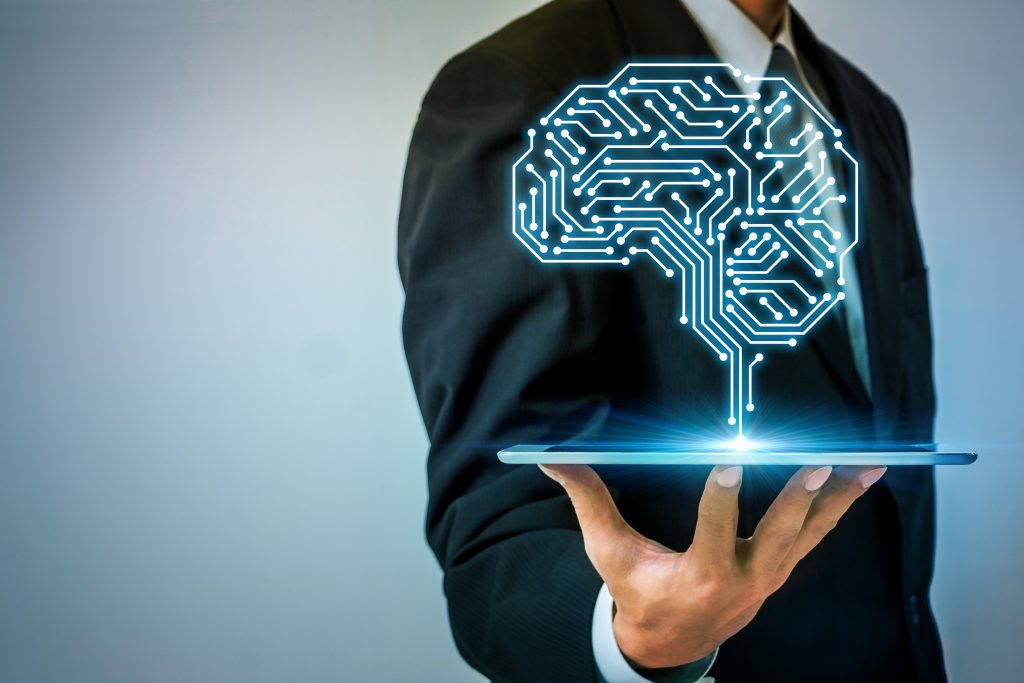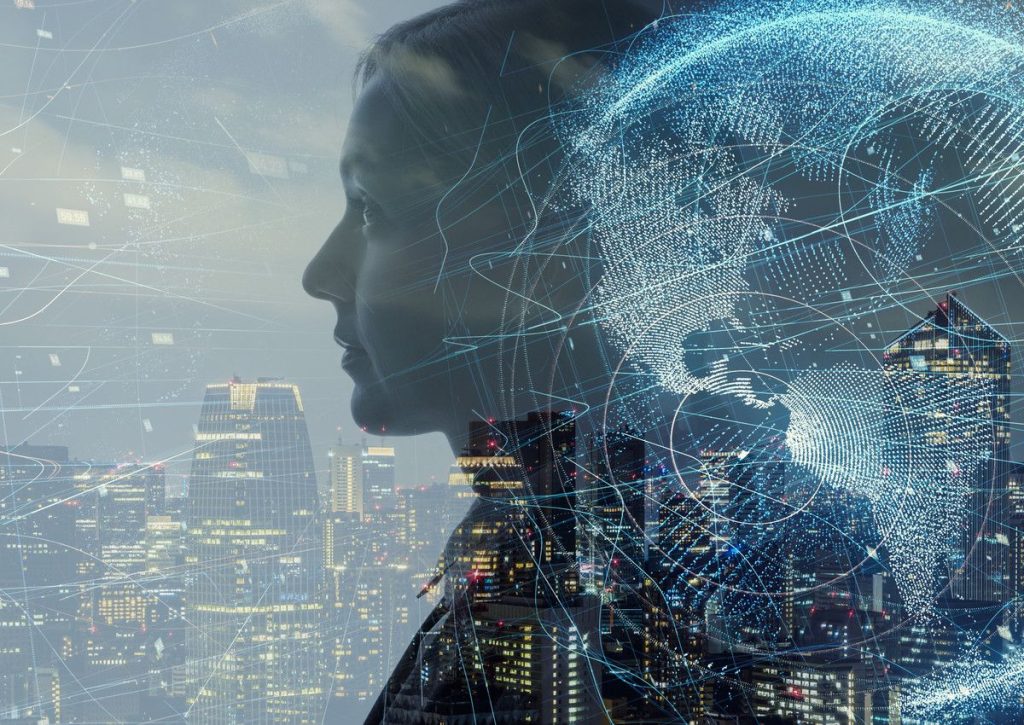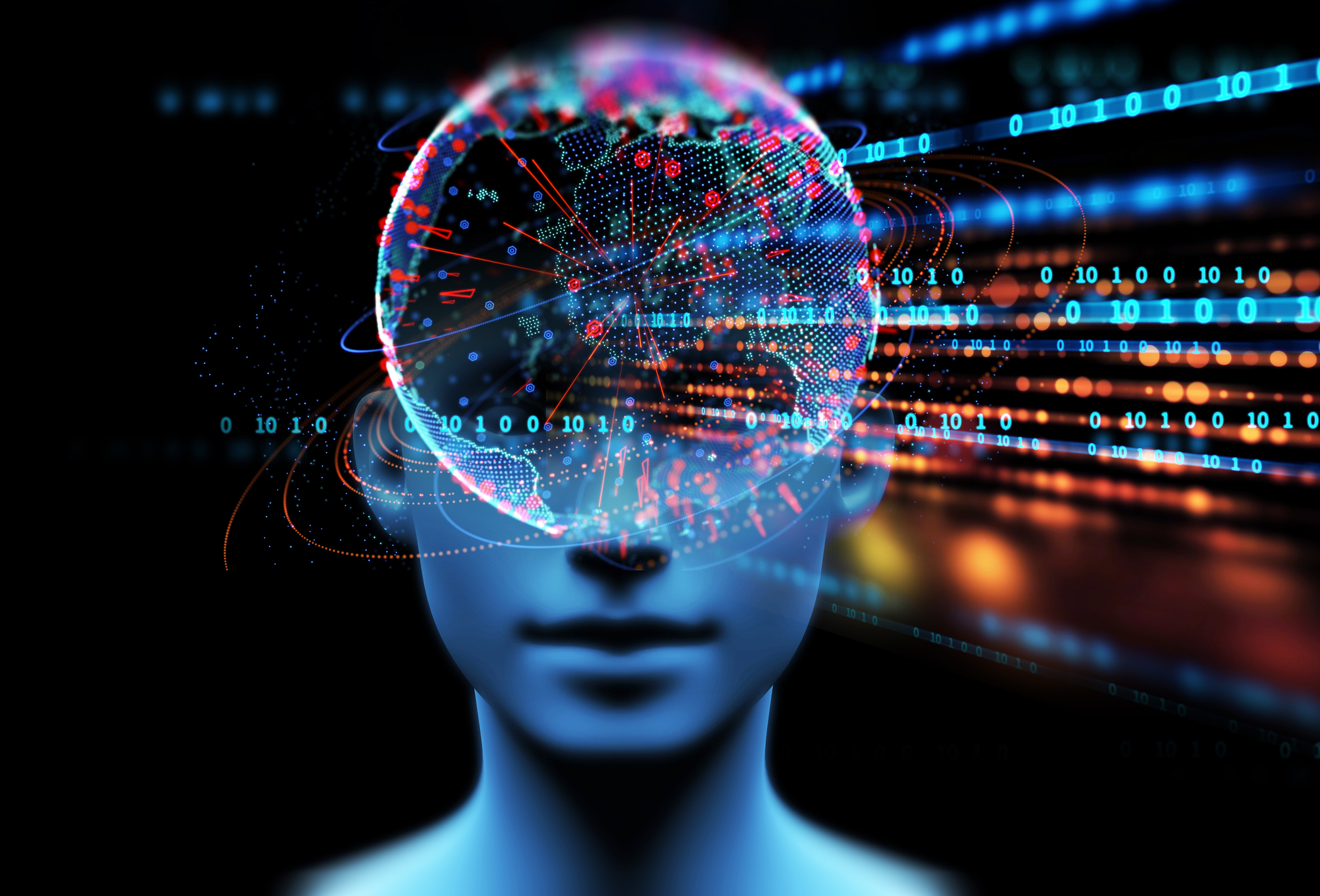The integration of Artificial Intelligence (AI) into security systems has marked a significant milestone in personal safety. Advanced AI algorithms are now capable of analyzing vast amounts of data from various sources, including surveillance cameras, social media, and other digital platforms. This capability enables real-time threat detection and rapid response, significantly reducing the risk of harm. AI-driven systems can identify potential threats by recognizing patterns and anomalies that might be missed by human observers. This advancement not only enhances security in public spaces but also bolsters personal safety in digital environments.
Smart Home Security: A New Era of Protection

AI technology has revolutionized home security, offering a new era of protection for individuals and families. Smart home devices, equipped with AI, can now learn and adapt to the regular activities of a household. They provide tailored security measures, such as recognizing family members and alerting homeowners to unusual activities or intruders. These systems can connect to various devices, including doorbells, cameras, and locks, offering comprehensive protection. Additionally, AI-powered home security systems can integrate with emergency services, ensuring swift responses in case of a security breach.
AI in Cybersecurity: Safeguarding Personal Information
As much of our personal life shifts online, the importance of cybersecurity has skyrocketed. AI plays a crucial role in protecting our digital identities and sensitive information. By utilizing machine learning algorithms, AI systems can detect and respond to cyber threats more efficiently than traditional methods. They can identify patterns indicative of phishing attacks, malware, and other forms of cyber threats. AI-driven cybersecurity tools continuously evolve, learning from new data and threats, thus providing up-to-date protection against the ever-changing landscape of cyber threats.
AI-Powered Personal Safety Apps
AI has also found its way into personal safety applications. These apps use AI algorithms to provide users with real-time alerts about their surroundings, potential dangers, and quickest safe routes. Some apps are designed to detect falls or sudden health issues, immediately alerting emergency services and family members. Others use voice recognition or distress signals to offer assistance in dangerous situations. These AI-powered personal safety apps are becoming increasingly popular, providing an additional layer of security in our daily lives.
The Ethical Implications of AI in Personal Safety

While AI significantly contributes to personal safety, it also raises ethical concerns. The use of AI in surveillance and data analysis can lead to privacy violations if not regulated properly. There is a fine line between ensuring safety and infringing on individual privacy rights. Furthermore, the potential for AI systems to exhibit bias, particularly in facial recognition, can lead to unfair treatment of certain groups. It’s imperative that as we embrace AI for personal safety, we also consider and address these ethical implications to ensure that the technology serves everyone equitably.


Leave a Reply